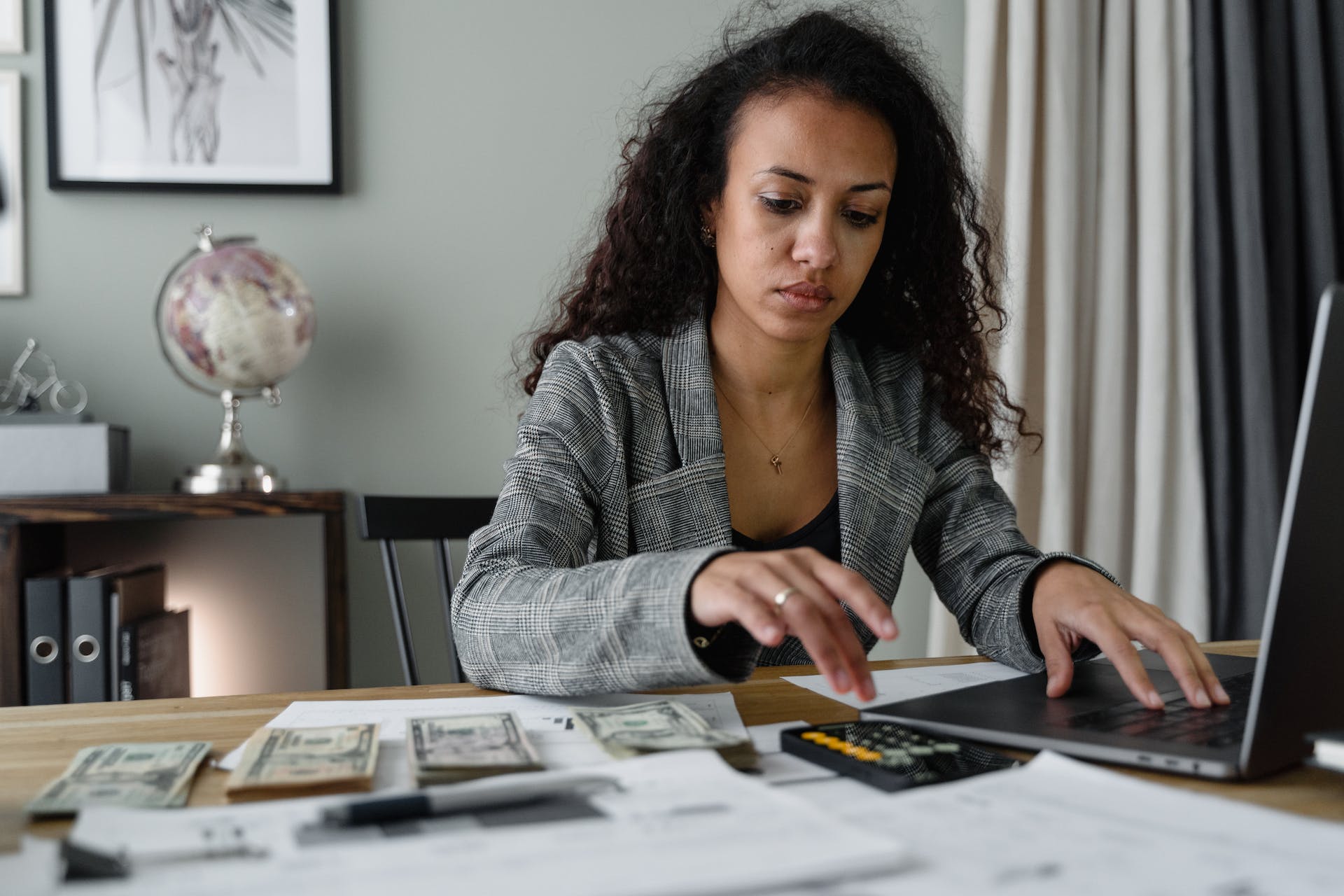About 60 percent of Americans are living paycheck to paycheck. This is a red flag indicating that most Americans do not have enough in their savings accounts and they cannot cover upcoming bills until their next paycheck. But what is the best way to change the habits that perpetuate the cycles of debt and poverty? 21Ninety spoke with financial consultant, Marvin Recinos, to learn ways to increase cash flow and change money spending habits.
Practice Mindful Spending
Before making a purchase, ask yourself if it aligns with your values and priorities. Avoid impulsive buying and give yourself time to evaluate whether it’s a necessary or meaningful expense. One pro-tip Recinos offers is that if you have to do a payment plan, then more than likely you can’t afford it.
Automate Your Finances
Set up automatic transfers to savings or investment accounts. This way, you’ll consistently save or invest without relying on willpower alone. Automating bill payments can also help you avoid late fees and stay organized.
Regularly Review Your Financial Progress
Take time to review your financial situation regularly. Assess your budget, savings, investments, and debt to track your progress towards your goals. Adjust your strategies or make necessary changes as you go along.
Build an Emergency Fund
Establish an emergency fund to cover unexpected expenses or financial setbacks. Aim to save three to six months’ worth of living expenses. Having this safety net will give you peace of mind and protect you from going into debt during challenging times.
Seek Professional Advice When Needed
If you feel overwhelmed or unsure about your financial decisions, then consider consulting a financial advisor. They can provide guidance tailored to your specific circumstances and help you make informed choices about investments, retirement planning, and more.
“Remember, everyone’s financial journey is unique,” Recinos said. “Be patient with yourself, stay committed to your goals, and continuously educate yourself to improve your financial well-being.”
